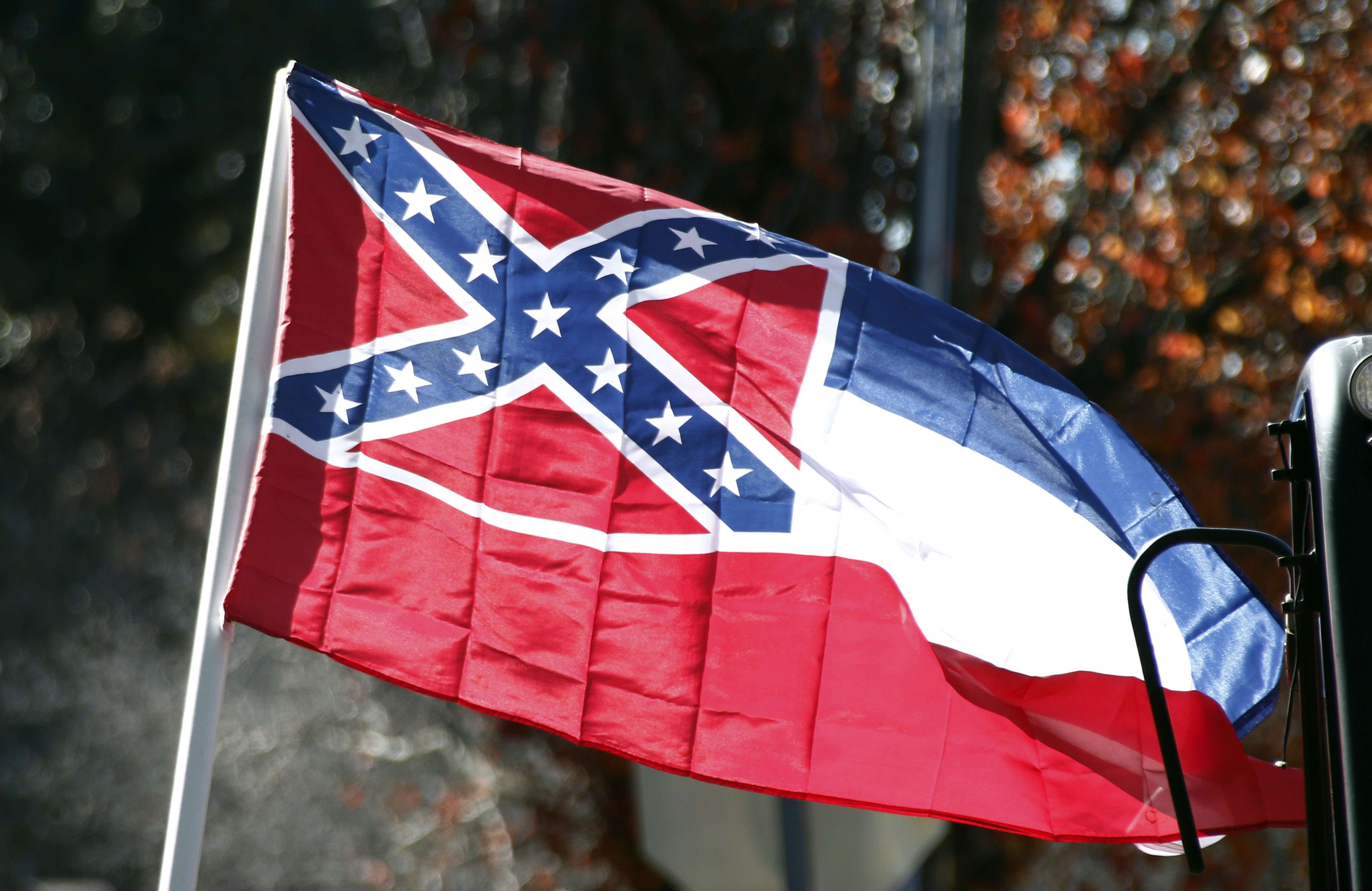The Volokh Conspiracy
Mostly law professors | Sometimes contrarian | Often libertarian | Always independent
No, Mississippi's new gun bill does not constitute 'nullification.' (It's not even close.)

This week the Mississippi state Senate passed a bill that would, among other things, allow churches to employ armed security guards and expand concealed carry. Of note, some commentators claim the bill also contains a "nullification" provision. A report in the Clarion-Ledger, for instance, characterized the bill as a measure "to allow armed security in churches, concealed carry without a permit and to provide for attempts to nullify federal regulations and executive orders that would limit gun rights" (emphasis added).
Ed Kilgore picked up the report and the characterization of the measure as a "nullification" bill. According to Kilgore, Mississippi legislators "are preemptively concerned that the godless socialists in Washington might interfere. So once again, they've gone back to that fine antebellum doctrine of nullification to deny the power of the Feds—or at least the executive branch—to regulate firearms at all."
Here's more from the Clarion-Ledger report:
The bill also seeks to prohibit Mississippi officials from enforcing any federal agency regulations or executive orders that would violate the state constitution—an attempt to federal gun restrictions not passed by Congress.
Senators argued whether this last provision would violate the Supremacy Clause of the U.S. Constitution.
"Where did you go to law school?" Sen. Hob Bryan, D-Amory, asked Tindell during the debate. "Are they telling people there that the Mississippi constitution trumps federal law? … You may have been wrong about things before, but you've never been more wrong than this. This is like arguing whether the freezing point of water is 32 degrees Fahrenheit. This is embarrassing, hopeless."
What's "embarrassing" here is that anyone who has actually read the relevant provision in the bill constitutes "nullification" or is otherwise in conflict with the Supremacy Clause. Neither is the case, and this is not even a close call.
Whatever the substantive merits of the Mississippi bill, the references to "nullification" are pure poppycock. The relevant provision of the Mississippi bill does not purport or attempt to "nullify" anything. Rather, it is a rather run-of-the-mill (and notably narrow) assertion of the state's clearly established constitutional authority to refuse to implement or enforce federal laws with which the state disagrees.
Here, for reference, is the relevant provision of the bill:
Section 5: No federal executive order, agency order, law not enrolled by the United States Congress and signed by the President of the United States, rule, regulation or administrative interpretation of a law or statute issued, enacted or promulgated after July 1, 2016, that violates the United States Constitution or the Mississippi Constitution of 1890 shall be enforced or ordered to be enforced by any official, agent or employee of this state or a political subdivision thereof.
All this provision does is to tell state and local officials not to enforce new federal gun measures that may violate the state or federal Constitution. This is actually mild stuff—limited as it is to new measures that violate the state or federal constitution and were not properly enacted into law. More importantly, there is no constitutional problem with a bill of this sort, and it does not constitute "nullification."
It is well-settled, black-letter, constitutional law that state and local government officials are under no obligation to enforce or implement federal law. See, for example, Printz v. United States, which held that the federal government may not require local law enforcement officers to enforce federal gun laws (in this case, a federal background check requirement). This is why we have why we have "sanctuary cities" in which state and local officials refuse to enforce federal immigration laws, and why Mississippi can refuse to enforce federal gun laws of which it disapproves.
Under Printz and related cases, Mississippi could actually enact something far broader (like Texas did), such as measure saying that state and local officials will not enforce any federal gun law, whether or not it violates the Constitution or was properly enacted, and there would still be no constitutional problem, and no "nullification." Similarly, states are allowed to instruct state and local law enforcement not to enforce federal immigration laws. The underlying constitutional principle is the same. States have the constitutional authority to say to the feds, in effect, "if you like these laws so much, you can enforce it yourself." This may or may nor be good policy, but it's perfectly constitutional, does not undermine the Supremacy Clause, and does not constitute anything remotely approaching "nullification."
Actual "nullification" occurs when a state takes action that seeks to deprive a federal law of any force and effect within the state's jurisdiction. This occurs, for instance, if a state attempts to prohibit state judges from giving effect to valid federal laws, or if a state seeks to punish federal officers for implementing or enforcing federal laws. Sometimes states (foolishly) try to do such things, and when they do, they deserve to be called on it. This Mississippi law that prompted Ed Kilgore's ire, however, is not such an example. Again, it's not even close.
Those trying to make fun of Mississippi legislators for their attempted "nullification" are making fools of no one but themselves, for they're the ones who are exposing their own ignorance of well-settled constitutional law.
To get the Volokh Conspiracy Daily e-mail, please sign up here.

Show Comments (0)